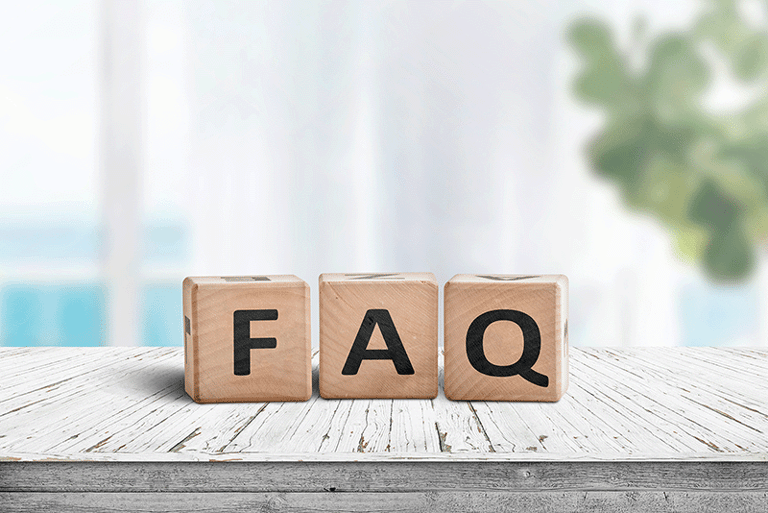Call: 0800 0016 878 - Email: info@capitalgainstax.co.uk
Cryptocurrency investments have surged in popularity, but understanding how Capital Gains Tax (CGT) applies to your digital assets is essential if you’ve recently traded, sold, or exchanged cryptocurrencies.
This page will walk you through everything you need to know about CGT on cryptocurrency, including taxable events, reporting requirements, and strategies to reduce your tax liability while staying compliant with HMRC regulations.
Cryptocurrency taxation is a growing area of focus for HMRC, and staying compliant is critical to protecting your investment gains. Contact The Tax Faculty today for expert advice on managing your cryptocurrency tax obligations.
Please feel free to contact us on info@capitalgainstax.co.uk or call us free on 0800 0016 878 for a free initial consultation.
You can also complete the form below and one of our team will get back to you as soon as possible.
Get in touch
Tax Troubles? We're here to help
We can solve your Capital Gains Tax problems, with ex-senior expert HMRC inspectors here to help to take the stress away from your tax worries.
We do everything for you, including filing returns and giving advice that may help to reduce the amount of tax that you owe.
Our guarantee to you - You will pay the lowest amount of tax possible, while complying with the law.
Contact us free on 0800 0016 878, email info@capitalgainstax.co.uk or fill in our handy form and on of our experts will get back to you as soon as possible.
Phone



















